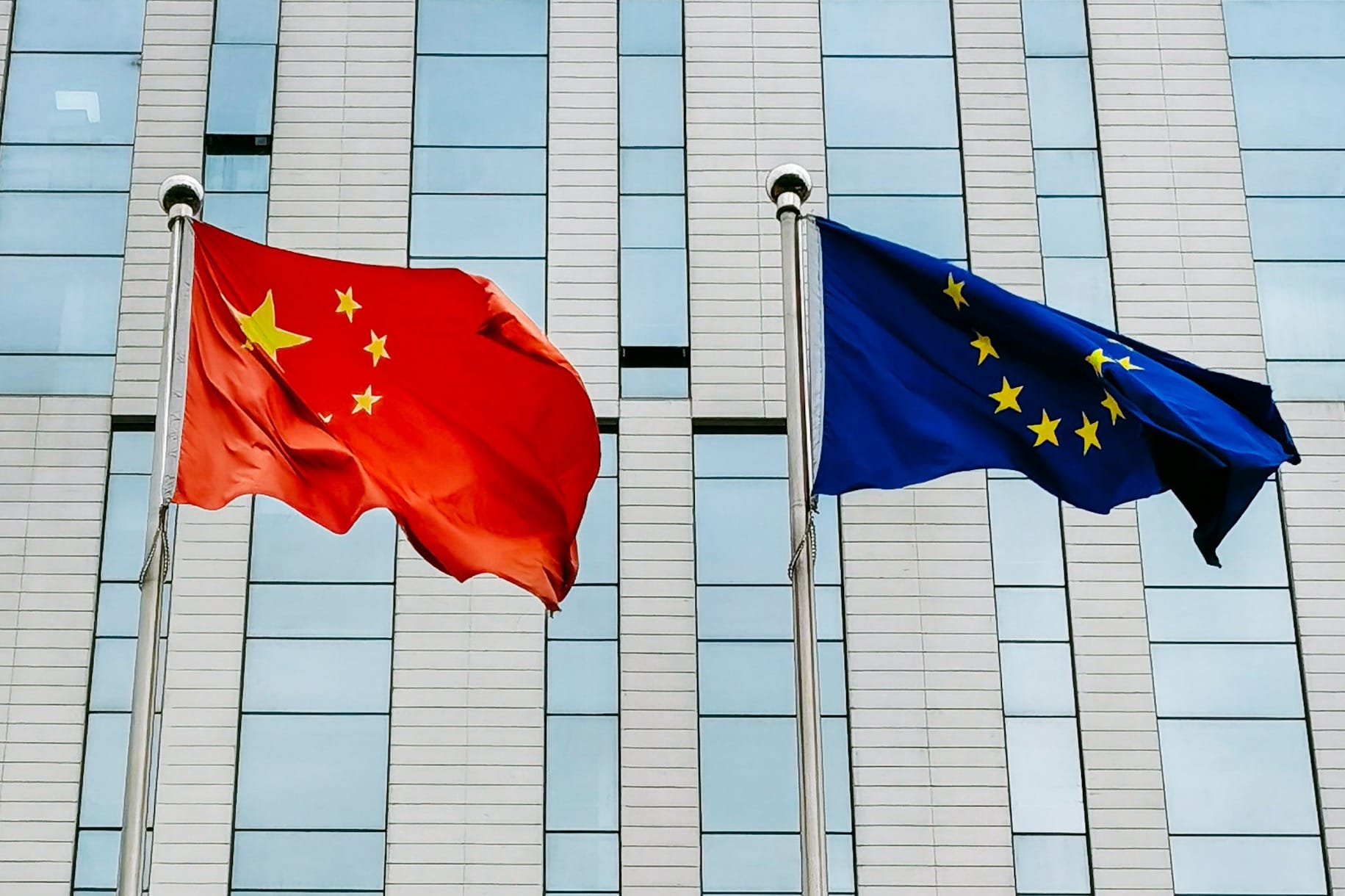Reducing Chinese influence in the EU's telco: Poland moves ahead
Poland has recently announced its plans to phase out Chinese equipment from its telecom infrastructure, particularly 5G networks, where Chinese companies like Huawei and ZTE have significant market shares.

Poland has recently announced its plans to phase out Chinese equipment from its telecom infrastructure, particularly 5G networks, where Chinese companies like Huawei and ZTE have significant market shares.
Poland’s amendments to the National Cybersecurity Act are designed to mitigate risks associated with foreign technology, especially from countries deemed "high-risk" due to authoritarian government links, like China.
This step follows broader EU-wide actions, such as the Commission’s 5G Toolbox, a comprehensive set of guidelines for member states to evaluate the security risks of non-EU vendors. Huawei, a key player in the global 5G race, has fought back, arguing that these measures are discriminatory and violate EU open market principles. However, Poland and other EU nations view the phase-out as crucial to protecting digital sovereignty.
Widespread European Response to Telecom Security Concerns
Poland is not alone in its concern over Chinese equipment. Across Europe, several countries have adopted similar strategies in the past years, many in line with the European Commission’s guidance to minimize dependency on foreign, high-risk vendors.
For example, in 2020, Sweden became the first EU country to implement an all-out ban on Chinese telecommunications equipment for its 5G infrastructure. Other nations, such as France, Denmark, Belgium, Estonia, Latvia, Lithuania, and the Netherlands, have enacted measures to limit the involvement of Chinese vendors like Huawei in their next-generation networks. It is reported that Germany plans to phase out Huawei technology by 2029.
The European Commission's Role
By introducing the 5G Toolbox in 2020, the Commission provided a framework for evaluating and mitigating risks posed by high-risk vendors. This framework recommends actions, including excluding vendors with strong ties to foreign governments from critical parts of 5G networks. The Commission's approach emphasizes the importance of a risk-based, non-discriminatory assessment, ensuring that measures align with EU laws, particularly regarding fair competition and the digital single market.
The second 5G Toolbox report highlights progress made by member states, many of which have already taken steps to remove or significantly limit Chinese equipment. The report outlines the need for continued vigilance as countries transition to next-generation networks. The Commission encourages member states to increase their investments in indigenous European technologies to reduce dependency on non-EU suppliers.
It is also clearly evident that many countries do not comply with the framework for several reasons. The general problems that are cited are implementation issues, economic considerations, lack of standardization, and lack of adequate coordination. On top of this, there is the always recurring political reason, for example, in the case of Hungary, which openly represents Chinese interests and, in fact, provides the CCP access to the European market as its broker.
Global Examples of Similar Moves
The trend of phasing out foreign technology, mainly Chinese, is common in Europe. Several other countries have taken similar actions driven by cybersecurity, espionage, and data protection concerns. The United States has advocated excluding Huawei and ZTE from critical infrastructure. The Federal Communications Commission (FCC) implemented a ban on the purchase of Chinese telecom equipment by companies that receive government subsidies.
In China, the reverse situation is unfolding. The Chinese government has issued orders to "rip-and-replace" U.S.-made chips and equipment in its telecom networks, signaling a tit-for-tat response to Western countries’ restrictions on Chinese technology. This policy highlights how geopolitical tensions are influencing national technology strategies globally.
